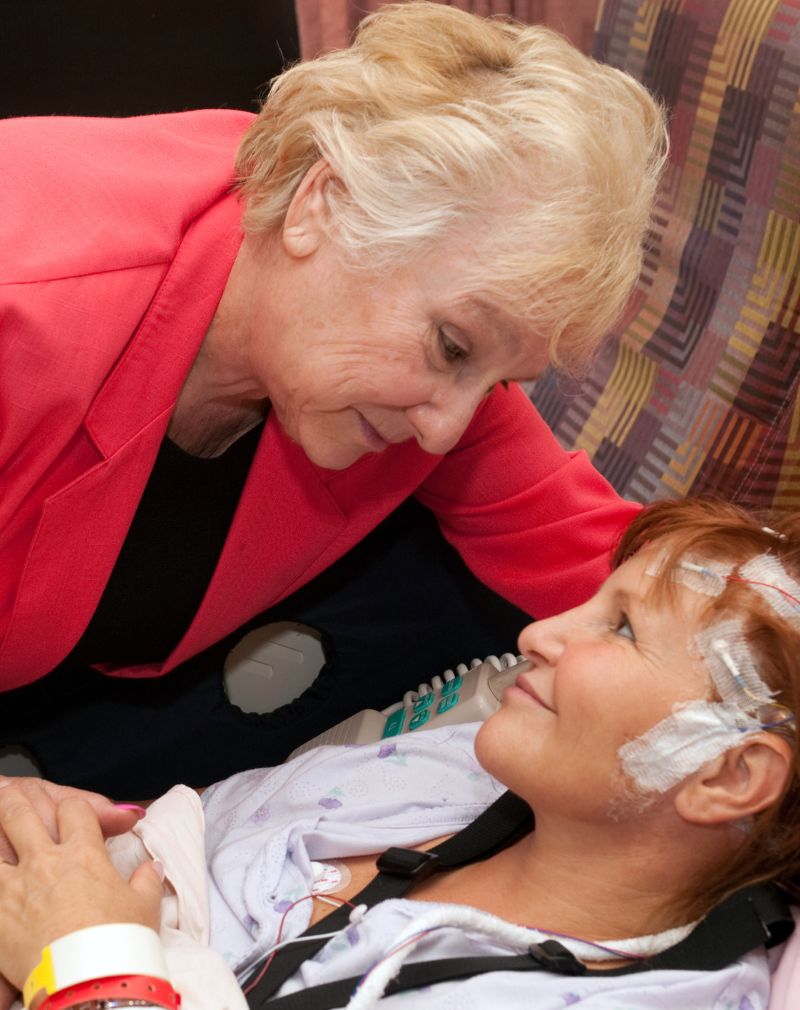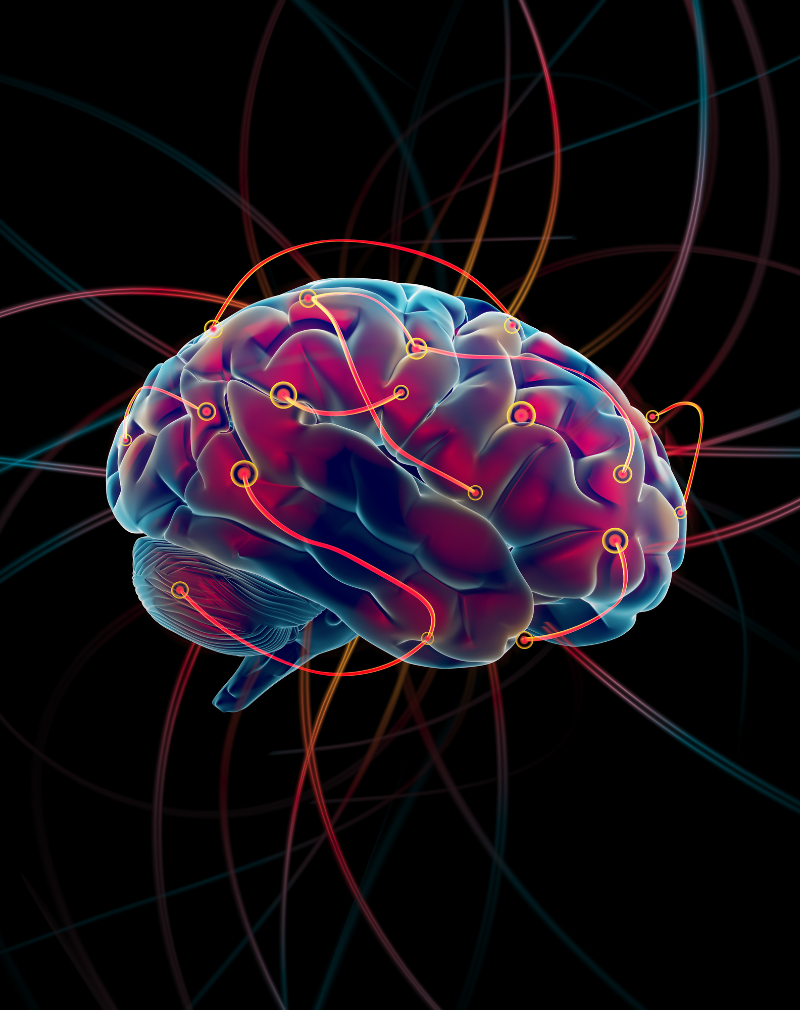Autism Spectrum Disorder (ASD) is a complex neurodevelopmental condition that presents a unique set of challenges and strengths for each individual. Understanding the vast spectrum of autism is crucial for providing effective support and fostering acceptance.
The core characteristics of ASD often center around:
- Social Communication Challenges: Individuals with ASD may experience difficulties in understanding social cues, nonverbal communication, and developing reciprocal relationships.
- Restricted Interests and Repetitive Behaviors: Intense focus on specific interests, a need for routines and predictability, or repetitive movements or speech patterns may be observed.
- Sensory Sensitivities: Individuals with ASD can be hypersensitive (oversensitive) or hyposensitive (undersensitive) to sounds, textures, tastes, or visual stimuli.
The Importance of Early Diagnosis
Receiving an early and accurate ASD diagnosis is a life-changing step. It opens doors to specialized therapies and support systems that can significantly enhance a child’s development and overall well-being. Early intervention leverages the brain’s plasticity during childhood, maximizing the potential for progress in communication, social skills, and adaptive behaviors.
The Search for Causes
Autism Spectrum Disorder remains a puzzle for researchers and medical professionals alike. While significant strides have been made in understanding the condition, there’s no single, definitive cause that explains every case of ASD.
The Interplay of Genes and Environment
Research overwhelmingly points to a complex interaction between genetics and potential environmental factors. While some children with ASD have identifiable genetic variations, many do not. Scientists continue to explore how multiple genes and environmental triggers might contribute to ASD development.
Debunking Myths
It’s important to dispel harmful misconceptions surrounding autism. Past theories blaming vaccines or specific dietary factors have been repeatedly debunked by rigorous scientific research.
Synaptic Pruning
Recent research suggests that differences in the brain’s natural “pruning” process – where excess connections between neurons are eliminated – could play a role in ASD. This ongoing area of study may potentially lead to new therapeutic targets.
Seeking Expert Diagnosis
If you suspect your child may have ASD, it’s crucial to consult with specialists for a comprehensive evaluation. The pediatric neurologists at the American Wellness Center in Dubai Healthcare City have extensive expertise in diagnosing and supporting children across the autism spectrum.
It’s important to dispel harmful misconceptions surrounding autism. Past theories blaming vaccines or specific dietary factors have been repeatedly debunked by rigorous scientific research. Linking vaccines to autism has been thoroughly disproven, and no scientific evidence suggests specific diets cause or “cure” ASD.
The Role of Pediatric Neurologists
A qualified pediatric neurologist plays a crucial role in accurately diagnosing autism and providing guidance to families. They specialize in assessing, diagnosing, and managing neurological conditions in children.
Seeking a diagnosis from a pediatric neurologist is essential because of their in-depth expertise in recognizing the subtle neurological differences often associated with ASD. The diagnostic process typically involves a detailed medical and developmental history review, standardized developmental assessments, and observations of your child’s behavior. Medical tests might also be recommended to rule out other potential health conditions.
An official ASD diagnosis offers several benefits. It unlocks access to targeted therapies like speech therapy, occupational therapy, and behavioral interventions tailored to your child’s specific needs. A diagnosis can also help you access appropriate educational support and accommodations. Perhaps most importantly, a diagnosis provides parents with clarity and a framework for understanding their child’s unique needs, empowering them to better advocate for their child’s well-being.
The Pediatric Neurologists at the American Wellness Center in Dubai Healthcare City are committed to partnering with families to provide comprehensive assessments, accurate diagnoses, and ongoing support for children with ASD.
Treatment Approaches: Evidence vs. Myths
It’s important to understand that there is no one-size-fits-all “cure” for autism spectrum disorder. However, a range of therapies and interventions can significantly improve a child’s communication, social skills, adaptive behaviors, and overall quality of life. Choosing the right approach is key.
Evidence-Based Therapies
The following therapies have a strong foundation of scientific research demonstrating their effectiveness in supporting children with ASD:
- Speech Therapy: Works on improving communication skills, both verbal and nonverbal, and can address social aspects of communication.
- Occupational Therapy: Focuses on developing fine motor skills, sensory processing, self-care skills, and play skills – all crucial for independence and participation in daily activities.
- Behavioral Therapies: Applied Behavior Analysis (ABA) is a well-established form of behavioral therapy that uses structured techniques to teach new skills, reduce challenging behaviors, and promote generalization of skills across different settings.
The Role of Medication
While medication cannot address the core symptoms of ASD, it can sometimes be helpful in managing co-occurring conditions such as anxiety, ADHD, or sleep disturbances that often accompany autism.
A Word of Caution: Non-Evidence-Based Treatments
Unfortunately, desperation can lead some families to pursue treatments or interventions that lack scientific support. It’s crucial to discuss any potential therapies with your child’s pediatrician or pediatric neurologist at the American Wellness Center in Dubai Healthcare City. They can help you separate effective, evidence-based options from potentially harmful or misleading treatments.
Dr. Ahmad Hammoud’s insightful webinar, “The Enigma of Autism,” delves into the complexities of this neurodevelopmental condition. He dispels common misconceptions about the causes of autism, emphasizing that while genetics play a role, environmental factors and potential differences in brain development are also being investigated. Dr. Hammoud highlights the importance of diagnosis by a pediatric neurologist and stresses the effectiveness of evidence-based therapies like speech, occupational, and behavioral therapies. He offers a message of hope, noting that with early intervention and the right support, many children with autism show significant progress and improvement in their communication, social skills, and overall quality of life.
The Importance of Early Intervention
Time is of the essence when it comes to supporting a child with ASD. Early intervention during the critical years of brain development can have a profound impact on a child’s trajectory. The young brain possesses remarkable plasticity, meaning it has a greater capacity for change and adaptation.
With early and intensive therapies, many children with ASD show significant progress in their communication, social interaction, and overall development. These interventions can help rewire the developing brain, fostering new connections and strengthening essential skills.
While autism is a lifelong condition, it’s important to note that with the right support, some children may experience such significant improvement that they no longer meet the diagnostic criteria for ASD. This doesn’t mean they are “cured,” but they’ve developed coping mechanisms and skills that allow them to navigate the world more effectively.
Hope and Progress
An autism diagnosis doesn’t define a child’s future. With the right support, many children with ASD develop the skills and strategies they need to thrive. Imagine a world where individuals with autism are not just accepted, but celebrated for their unique talents and contributions. This vision is within reach.
- Celebrating Neurodiversity: Autism is a part of the beautiful spectrum of human experience. Embracing neurodiversity means recognizing the strengths, gifts, and different ways of thinking that individuals with ASD bring to our world.
- Inspiring Stories: Seek out stories of individuals with ASD who are defying expectations. From successful entrepreneurs to talented artists to groundbreaking scientists, these stories offer a glimpse into the immense possibilities that lie ahead for children with ASD.
The American Wellness Center in Dubai Healthcare City provides diagnosis, evidence-based therapies, and ongoing support to empower children with ASD and their families. Contact Us Today to Learn More!



